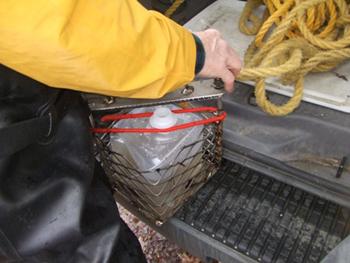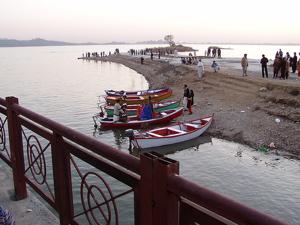Wastewater
New research discovers high levels of caffeine in surprising areas of ocean, rivers
A group of scientists in the Pacific Northwest have been looking into where caffeine accumulates in our national water system. They found it not in areas of high population, but in areas with low population, where septic systems are the primary means of waste disposal.


